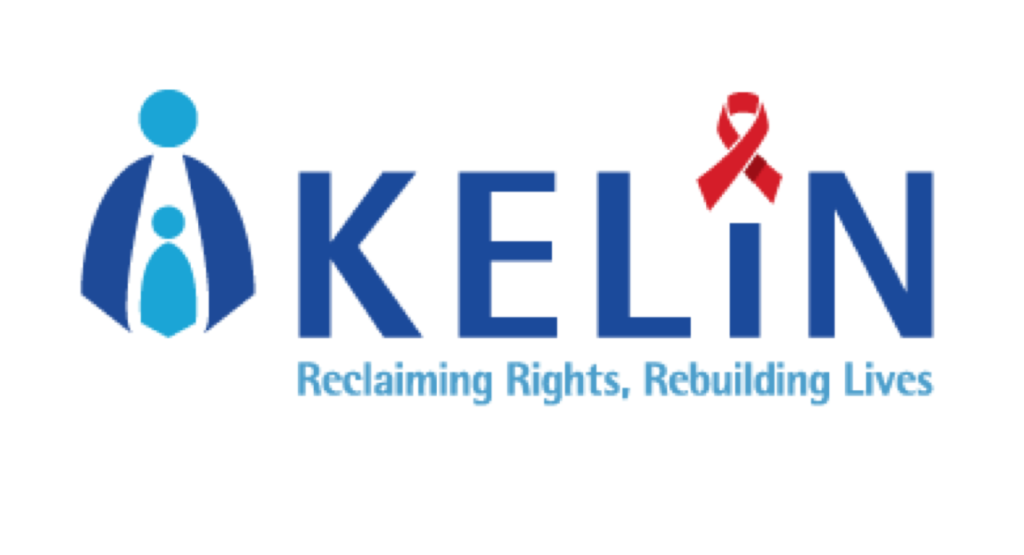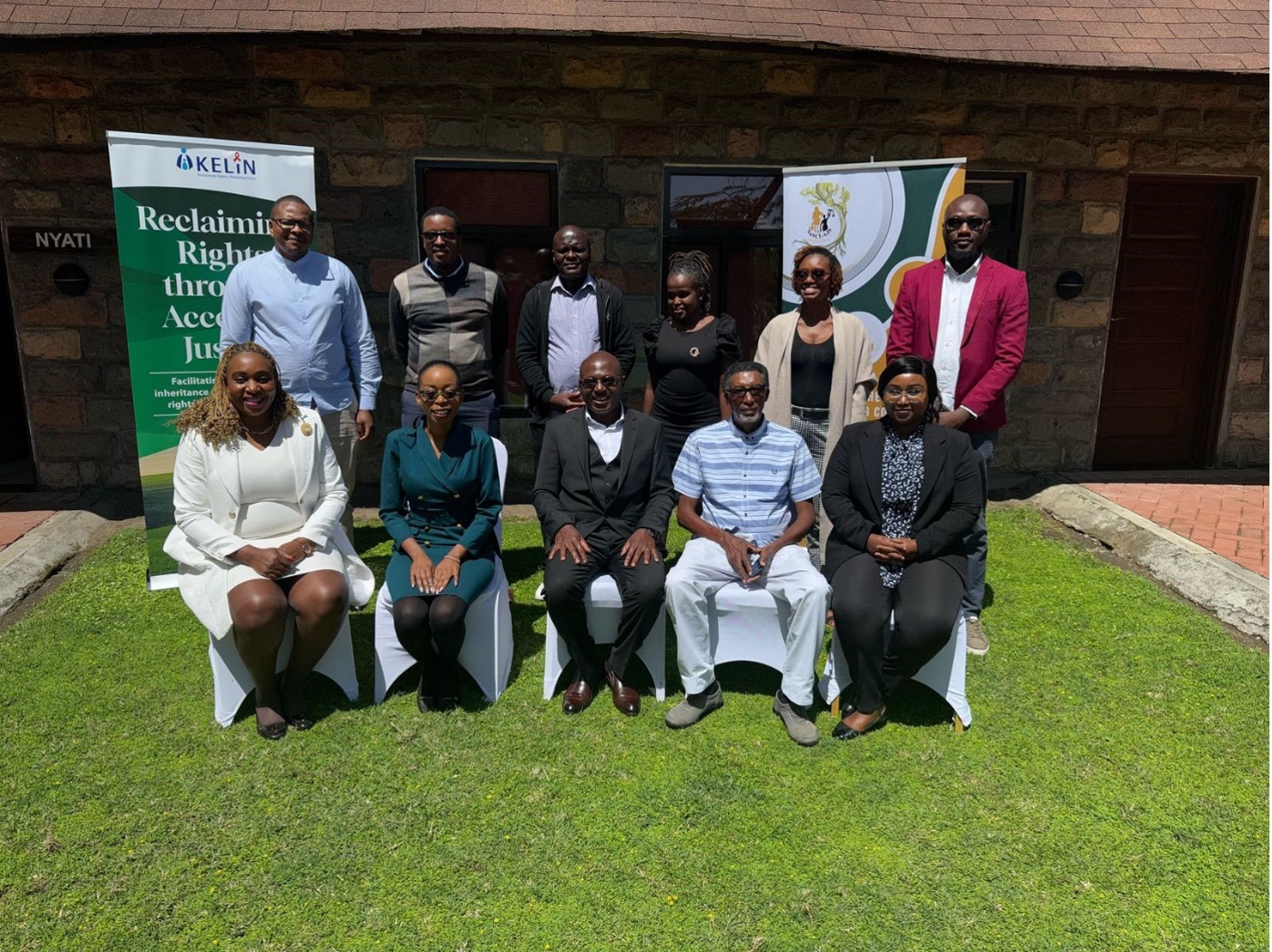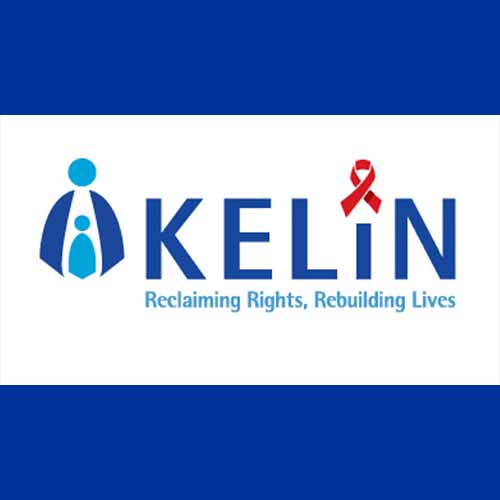Nairobi, Kenya
In a ruling issued on 2nd April 2024, The High Court of Kenya affirmed the place of amicus curiae in appellate proceedings, and corrected its order given in the judgment in Wambui Mwangi v Tony Mochama (High Court Civil Appeal No 507 of 2019), which had been to the effect that a brief filed by ISLA could not be considered as it had not participated in the court of first instance.
ISLA had been admitted in the appeal as amicus curiae on 11th November 2022. It had complied with court directions and filed its amicus brief which the Court confirmed receiving. However, in its judgment dated 8th May 2023, the Court issued a judgment, allowing the appeal, but holding that it could not consider the brief filed by ISLA as it had not been a party in the trial court.
ISLA, concerned about the effect of this finding, filed an application for review, pointing out the error on the record which in its continued application, undermined all courts’ use of amicus proceedings in appellate courts, leading to a situation that impedes the advancement of the rule of law and the ventilation of constitutional claims.
In its ruling on the application for review, which was issued on 2nd April 2024, the court agreed with ISLA. It found that the application for review did not prejudice any of the parties in any way, and agreed with ISLA’s submissions that there was an error apparent on the face of the record. The court agreed that ISLA had properly been admitted as a party to the appeal, which order had not been set aside. The court further conceded that it had erred in finding that it could not consider the amicus brief and held that ISLA’s participation in the appeal was proper, and that the court was free to consider the amicus brief, even if it had not participated in the proceedings at the trial court.
In the court’s view, this was an error ‘staring one in the face’ that it was under an obligation to correct and has done this by ordering an amendment to the judgment deleting the words that “this Court could not consider the [ISLA’s] submissions for reasons they were not a party in the Trial court.”
The effect of this review order cements the place of ISLA as amicus curiae before the court, and underscores the fact that ISLA’s submissions to the court could have been considered by the Court. It also gives clarity and certainty in terms of the place of amicus curiae in development of the law in appellate proceedings in Kenya.
The advocate representing ISLA is Nyokabi Njogu who works as Legal Counsel and Head of the Strategic Litigation Unit at the Kenya Legal and Ethical Issues Network on HIV and AIDS (KELIN) and who is an alumna of ISLA’s Feminist Litigation Network.
End.
Join the conversation on social media by following:
#WomenWhoSpeak
#ProfWambuiAppeal
#practicesandprocedures
For more information:
Nyokabi Njogu,
Advocate for the Amicus Curiae
Kenya Legal and Ethical Issues Network on HIV & AIDS (KELIN)
Karen C, Kuwinda Lane, Off Langata Road
Po Box 112 – 00202 KNH
NAIROBI
Email: litigation@kelinkenya.org
+254 790 111578
About ISLA
The ISLA is a Pan-African and feminist led organization that seeks to use the rule of law and African domestic and regional courts to advance women’s human rights and sexual rights, through strategic litigation. It is the first Africa-based and run strategic litigation initiative with a regional focus and expertise on women’s human rights and sexual rights. The key priority areas of our work are: Litigation for social change, building capacity to litigate strategically, building partnerships for social change and producing knowledge to support strategic litigation.
About KELIN
The Kenya Legal and Ethical Issues Network on HIV & AIDs (KELIN) is a human rights nongovernmental organization working to protect and promote health-related human rights in Kenya. KELIN does this by providing legal services and support, training professionals and communities on health and human rights, engaging in advocacy campaigns that promote awareness of human rights issues, conducting research, and influencing policy that promotes evidence-based change. KELIN plays a pivotal role in advocating for an enabling environment for vulnerable and marginalized populations to realize the highest attainable standard of health. KELIN operates through its five thematic areas which are; Sexual and Reproductive Health Rights, Women Land and Property Rights, HIV and TB, Health Governance and Strategic Litigation.


